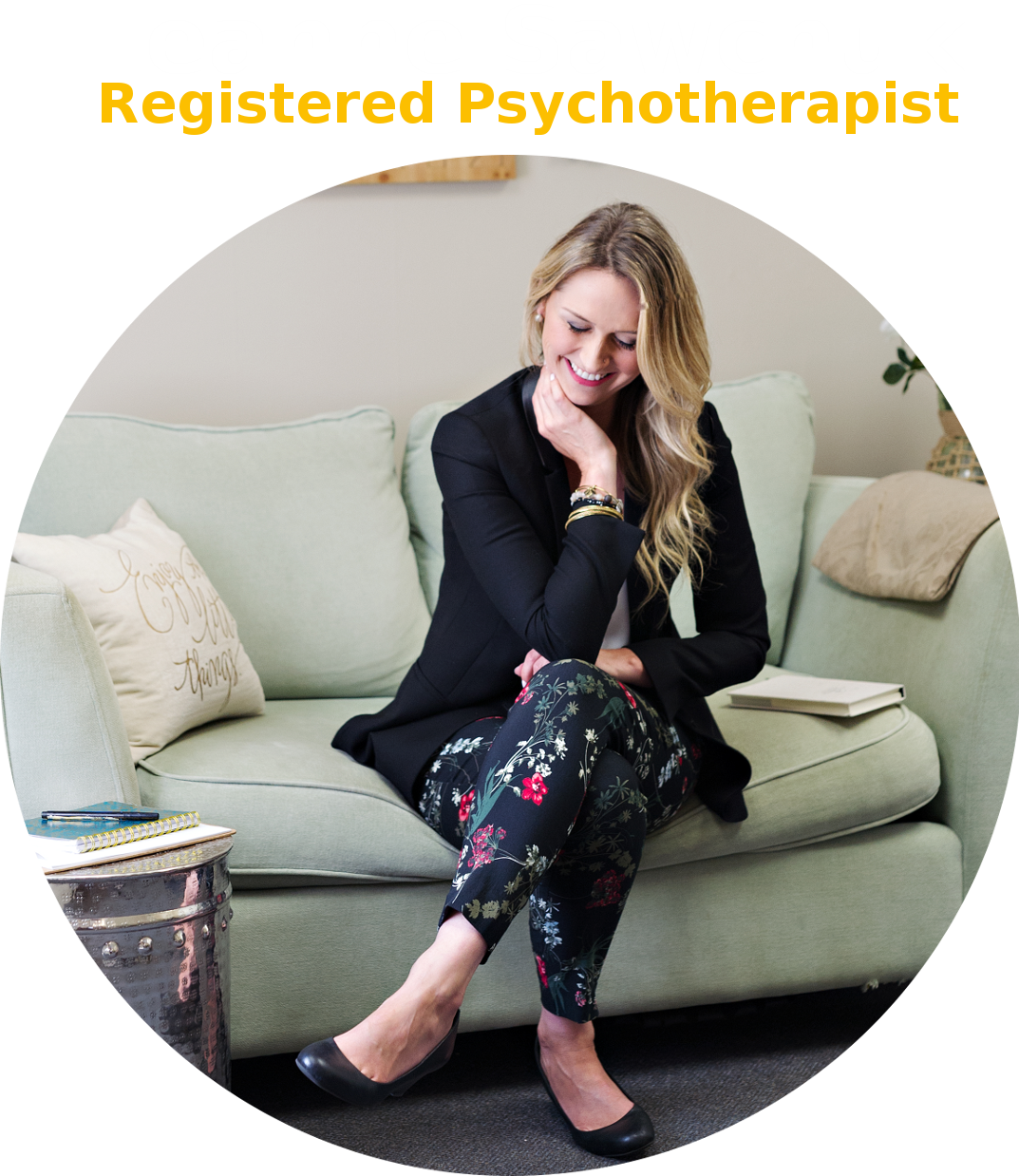Have you ever stopped and asked yourself what type of role you want to play within your own life? Perhaps this may look like you wondering if you would prefer to be the writer of your own story, perhaps the co-writer, or maybe neither. Maybe the role you want to play within your life involves handing over the pen to someone else and giving them responsibility and power to write your story for you. Perhaps this feels safer?
Often the mere idea of writing and owning our own story can, for many, bring up an immense amount of discomfort because it involves things such as; integrity, bravery, risk, and courage. While we tell ourselves we want to live brave and courageous lives while being in alignment with our integrity, we may find ourselves choosing what is comfortable and/or familiar instead.
If you reflect for a moment on your day to day life, whose story are you living? Are you living out and owning your own story? Perhaps a version of it that keeps you safe? Sometimes we wander along the edge of our story. Close enough to be partially in it and close enough to be disengaged from it when we need/choose to be. We often disengage from our story as a way of self protection and personal comfort.
Part of truly owning our story and thus understanding ourselves on a deeper level may involve having a true sense of where we came from, what shaped us, and how we were conditioned. Exploring these things can bring us a better understanding of why we are the way we are. Why we react the way we do. Why we respond the way we do. Why and how we relate to others. The ways in which we trust or do not trust. They ways we are in relationships. The excuses we tend to make. The ways in which we treat ourselves. By owning and understanding our own story, we can learn a lot – and this is sometimes the risk.
To own our story means to engage with our feelings and emotions, while leaning in to the story that may be underneath. For example, embracing our story can allow us to better understand why we respond the way we do in certain situations that may trigger us, or be uncomfortable for us. Do we run, avoid, or self-sabotage when we feel we are placed in an uncomfortable situation. If so, why? We may automatically answer that question by blaming the other person. “He was not available enough”, “she always seemed to want more and I could never make her happy”. While these things may be present, it is also possible that it is our lack of awareness around our true story and who we are that is getting in the way. Instead of “he was never available enough”, maybe the true story behind this was “I was often afraid to reach out and ask him for what I needed/wanted or to be vulnerable as I did not want to seem to needy”. Instead of “she always seemed to want more and I could never make her happy”, the true story may be “I often feel I am not good enough and no matter what I do it is never enough”. In these two examples you can see what is transpiring on the surface and the story that may be playing itself out underneath. For many of us, not digging to understand what is playing out underneath and owning our story, versus the story we are telling ourselves, can be rather destructive.
When I work with couples (and individuals), one thing we often look at is enactments and what is really going on between them at times which is causing so much challenge and or discomfort. Another way of deciphering enactments is through helping each individual to really understand and grasp what story may be playing out between them and what their individual role is within the story. This often turns the discussion from blaming one another to digging deeper into what is happening for each of them on a personal level – how they are each being triggered and what this all means. Bringing this to the surface and making sense of it is monumental and can allow for growth, both relationally and interpersonally.
When trying to dig into what our story is and what may be playing out in various relationships (business, romantic, partner, parental), it is important to ask ourselves “what is going on here and why?”.
Why do I really keep pushing away anyone and everyone who gets close to me?
Why am I afraid to commit?
Why do I fear telling someone how I really feel?
Why do I experience such challenge with allowing my child to have emotions?
Why do I avoid anything that involves emotions or conflict?
Why do I continue to run away from anything that seems like it may be challenging?
If you are brave enough to ask yourself questions and answer them honestly, you will likely start to learn a lot about yourself and what you true story is, as opposed to the one you have been telling yourself and others. It is amazing how much people risk in an effort to protect the facade of a story in order to keep themselves safe.
Here is the thing with denying our story. By denying our story, we are denying who we are. We end up fully disconnecting from tough emotions, but the thing with emotions is that they don’t just go away because we tell them to. They come back, perhaps in various forms (anxiety/anger/depression, etc) and they take control and they intensify.
So, why do we have such challenge in owning our story in the first place? What gets in the way? The answer is often fear. Fear gets in the way. Perhaps you are uncomfortable with difficult emotions and the way they make you feel. You become afraid of feeling discomfort and as a result do anything and everything you can to not feel. Being in the discomfort may also make you feel vulnerable. While vulnerability is a strength, perhaps you experience it as a weakness and as such you fear not only the judgment from others, but your own.
Sadly, many people choose to run from anything uncomfortable or that in which they fear. We have all had that experience with someone who walks, runs, sprints, or bull rushes their way from pain and/or emotional discomfort. In many ways, many of these individuals may not have been taught how to be within their own discomfort or taught that having feelings was ok and as a result they run any time they feel vulnerable or uncomfortable. Perhaps emotions were never tolerated growing up and now as adults they do not know what to do when they feel something so they do what they can to quickly get rid of it. For these individuals, owning this part of their story and acknowledging their past and they way it may be impacting their present can allow for greater self-awareness and greater connection. Once they acknowledge and own their story, running at every sign of discomfort and avoiding the situation may no longer be an option and they will likely end up living much more fulfilling lives and have healthier relationships.
We need to be brave enough and courageous enough to want to know more. Know more about who we are. Know more about why we are the way we are. The beauty in owning your story, is you get to hold the pen. When you write your story, you get to determine the ending. But, when we do not write our own story we deny yourself of the truth and end up running from it most of our lives.
Owning our story means owning our truth and while this can be painful at times, it can also be incredibly liberating.


